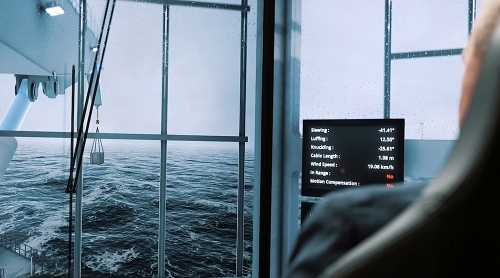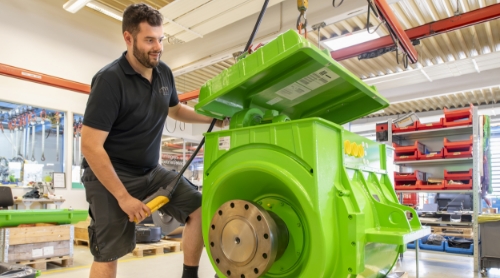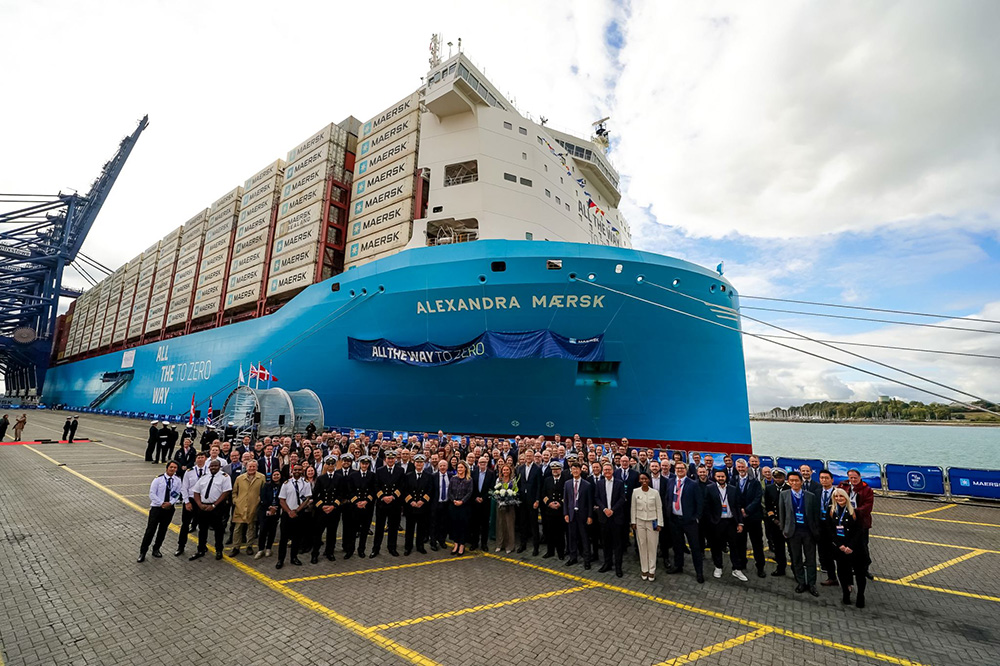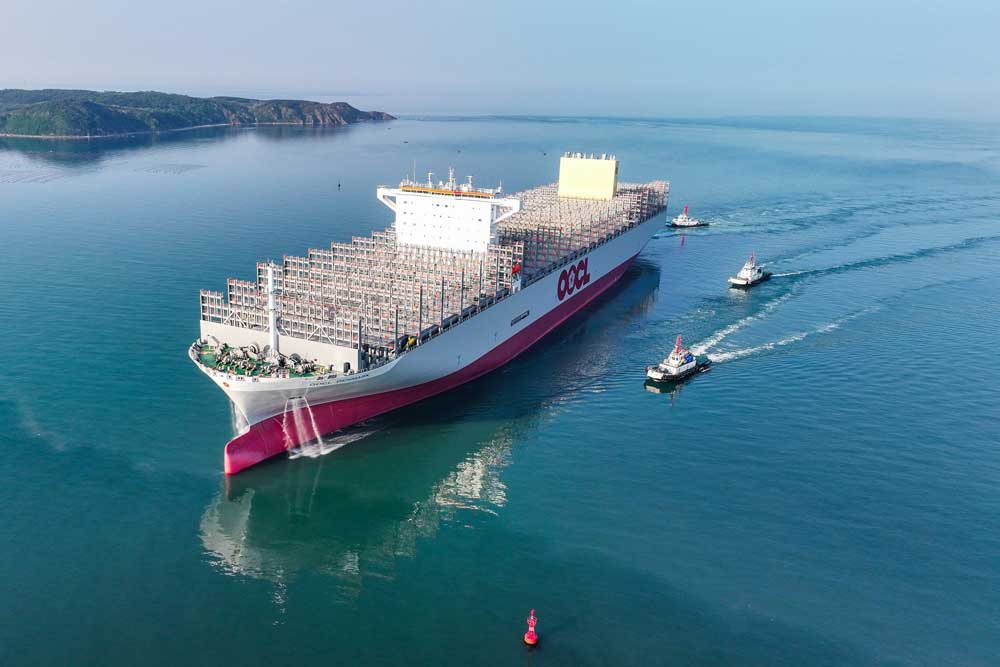It sounds paradoxical: although there are more newbuildings on the order book and being delivered than there have been for years, the container fleet is threatening to become obsolete.
Around 1,200 container ships worldwide are already 20 years old or older, according to calculations by industry endorser Alphaliner. Expressed in terms of capacity, that is just under 3 million TEU. This corresponds to a fifth of the total fleet of almost 6,000 units and a good 10% of the currently available transport capacity. [ds_preview]
The average age of smaller ships is therefore higher. There has also been significantly less new construction activity in these segments recently. In fact, there are only 314 ships in the size classes with more than 3,000 TEU.
Generally speaking, 25 years is the usual lifespan of a container ship – cases such as the now 53-year-old “Margi” (486 TEU), built in the Netherlands in 1970, are considered an exception to this rule.
MSC has the oldest container fleet
With almost 800 ships and 5.5 million TEU, industry leader MSC not only has the largest fleet, but also operates the most “old” freighters. 212 units with a total of 718,000 TEU are more than 20 years old. This also includes half of the units purchased as part of the wave of purchases since August 2020.
They are followed by Maersk (48 of 680 ships), Evergreen (36 / 209) and Hapag-Lloyd (20). However, the Hamburg-based company has a much smaller fleet of 266 ships in comparison.
Despite the tendency towards obsolescence, the number of scrappings was rather low, according to the report. This year, only 70 ships with 140,000 TEU were scrapped. Alphaliner’s experts point out that older tonnage owned by tramp shipowners and in the 1,000 TEU-1,900 TEU and 4,000 TEU-7,500 TEU range will increasingly compete with compact and energy-efficient tonnage.
More scrapping in the container fleet?
According to the analysts, there are still good employment opportunities for older ships away from the main routes. In the future, however, predatory competition is likely to ensure that scrapping increases again. This will be supported by a large order book, which will ensure fleet growth of 2.4 million TEU this year, 3 million TEU next year and almost 2 million TEU in 2025. The long-term annual average was 1 million TEU.
















